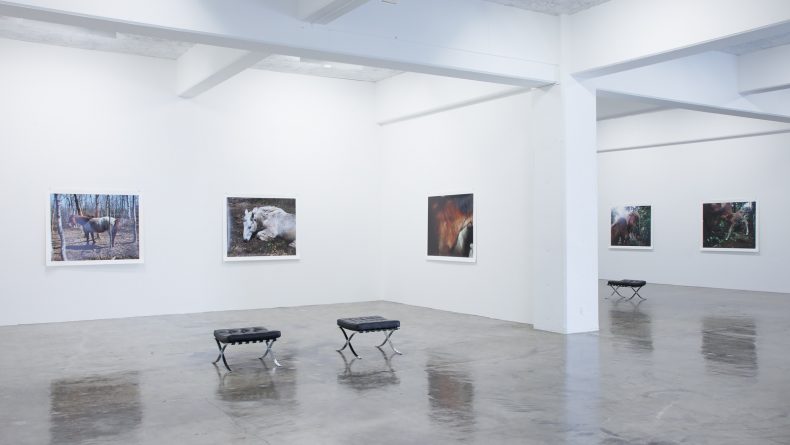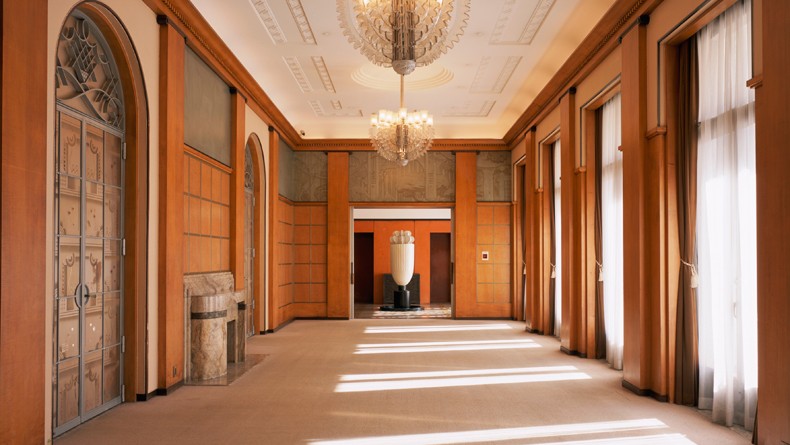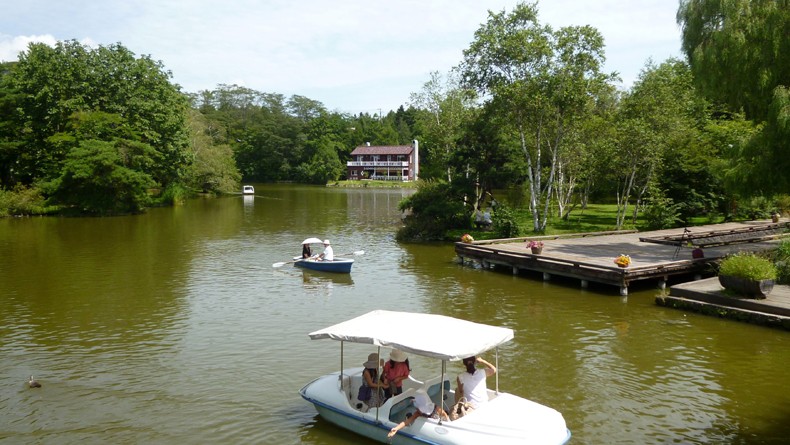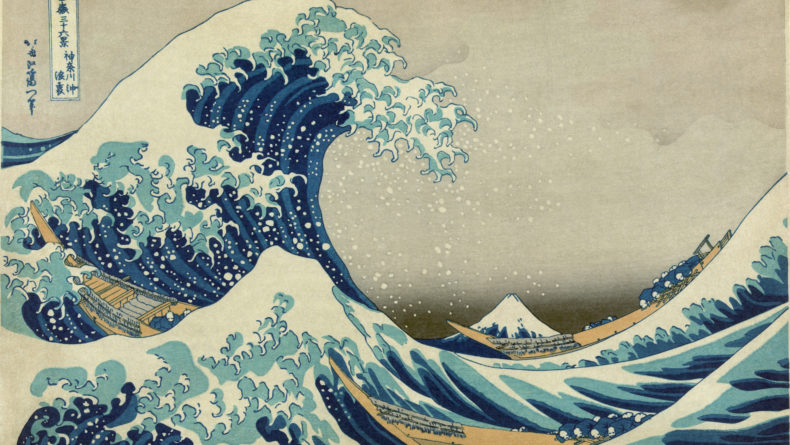A Guide To Tokyo’s Top Historical Museums
Five Venues To Explore Japan's Past
From Edo to Samurai, Meiji to modern, Tokyo’s rich array of museums can help you uncover Japan’s fascinating history.
In a city as busy, complex and constantly evolving as Tokyo, time spent here is often focused on exploring its inspiring contemporary culture and amazing cuisine. But Tokyo is also home to a network of engaging museums that can help you shed light on the capital (and Japan’s) rich past.
This season, discover one of the many immersive replicas of traditional Tokyoite homes and workplaces, learn about fascinating Samurai culture, or gaze at traditional woodcuts in some of the city’s most interesting historic venues. Here’s a roundup of our favorite five!
Ota Memorial Museum of Art
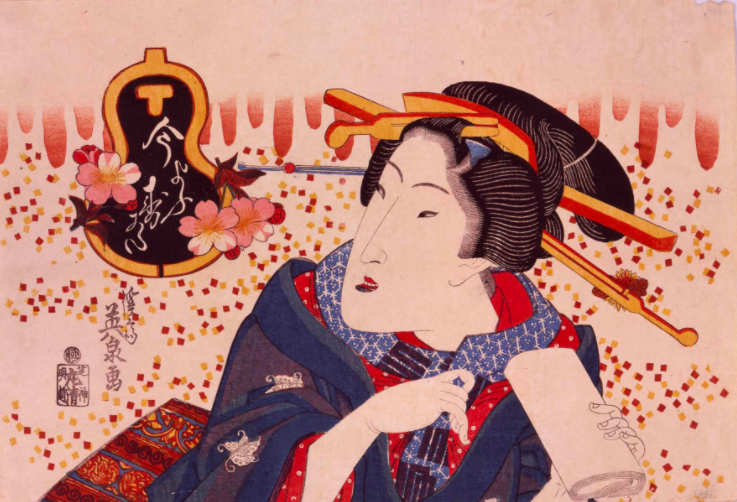
A visit to the compact tatami rooms of the Ota Memorial Museum of Art is a must for those interested in ukiyoe, the traditional Japanese woodblock printmaking that flourished during the Edo period. The Edo era lasted from 1603 to 1868, a time of much economic prosperity and cultural growth across Japan, particularly within the arts. The museum is dedicated to the artist Ota Seizo, who collected a staggering 12,000 block prints during his lifetime. The prints on display are rotated every two to three months and show around 200 works at a time, so there’s always something interesting on view. The works are well curated with English labels, and the museum’s central location — a stone’s throw from the colorful streets of Harajuku — makes for an interesting contrast to the traditional art on display.
Open: 10:30 a.m.-5:30 p.m. Closed on Mondays.
Where: 1-10-10 Jingumae, Shibuya-ku, Tokyo. Meiji-Jingumae Station, Exit 5
How much: ¥300 (Adults), ¥50 (High school students)
Shitamachi Museum
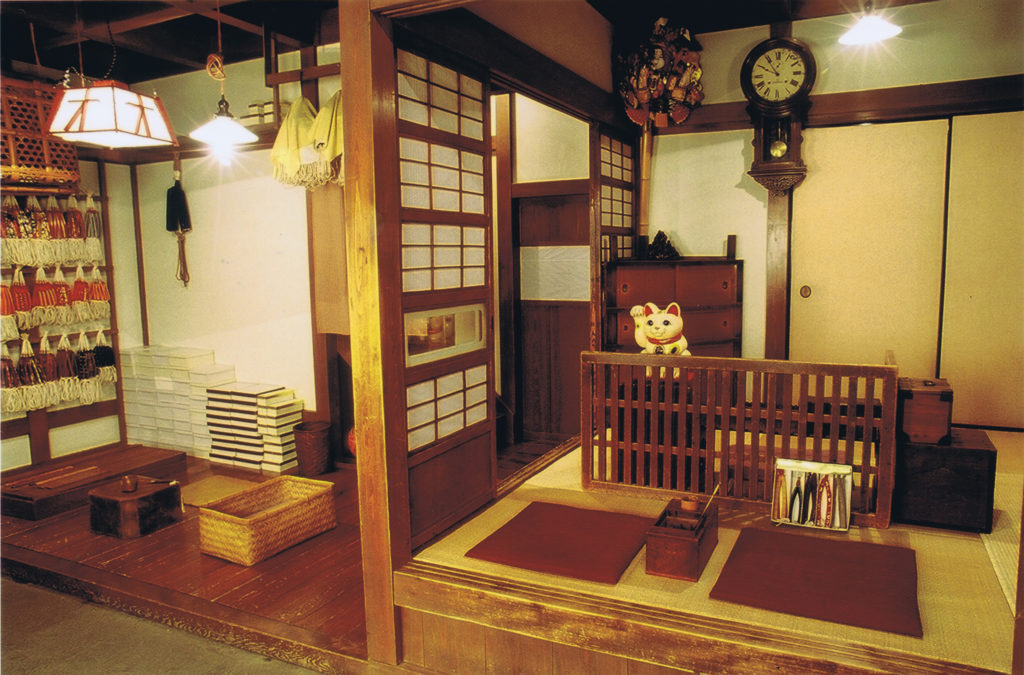
For those after a little nostalgia, the Shitamachi Museum provides visitors with a glimpse of everyday life in Tokyo between the Meiji restoration in 1868 and the Great Earthquake of 1923. The Meiji period saw Japanese society develop from a feudal one towards the more modern identity that it now enjoys. Comprising of a number of rooms including a sweet shop, a coppersmith’s workshop and rows of tenement house apartments, this charming museum explores working and living conditions during this period. Visitors are encouraged to get interactive —children can play with traditional toys, while adults view old photographs and have a rummage through the cupboards and drawers in the display. Small, but perfectly formed, the Shitamachi Museum is a great place to incorporate into a day trip to Ueno. Ask for an English speaking guide if needed.
Open: 9 a.m.-4:30 p.m. Closed on Tuesdays.
Where: 2-1 Ueno-koen, Taito-ku, Tokyo. 5-minute walk from JR Ueno Station, Shinobazu Exit
How much: ¥300 (Adults), ¥50 (High school students)
Samurai Museum
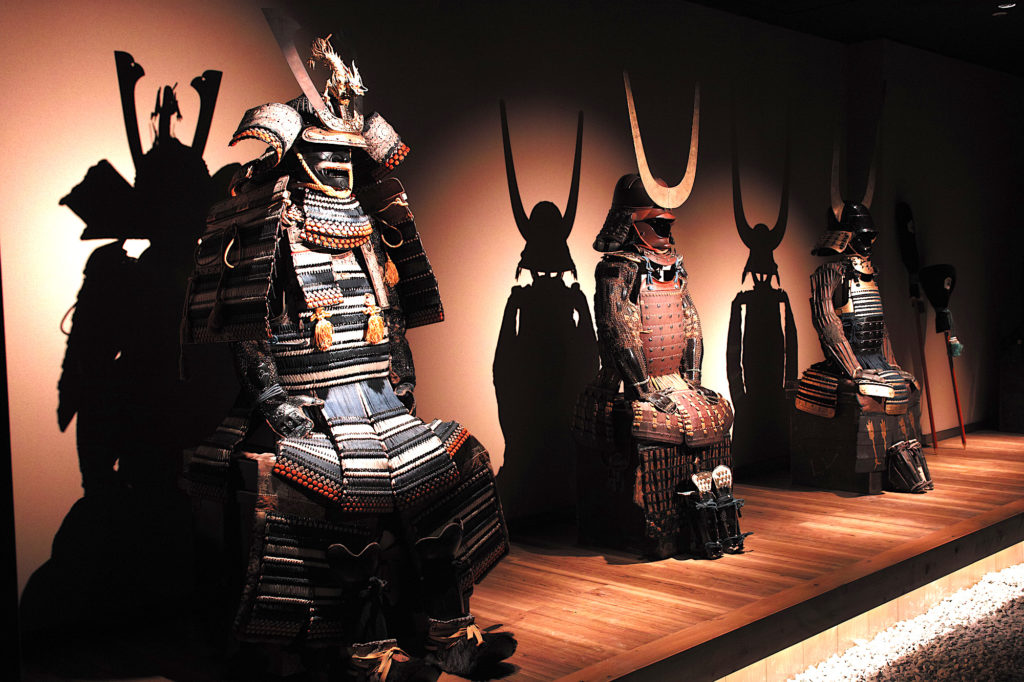
Most people have heard about the Samurai culture through Hollywood blockbusters and pop culture, but many are perhaps not fully familiar with its symbolic resonance within the Japanese culture and the powerful history that it evokes. For over 700 years, from the Kamakura (1185) to the much later Edo period, the Samurai dominated Japanese society both militarily and symbolically, and the recently opened Samurai Museum in Shinjuku — a painstakingly curated and carefully designed collection, with an impressive ensemble of costumes, swords, and historical relics — helps visitors discover this fascinating history. With plenty of fun activities including having your photograph taken in full samurai attire, or witnessing a traditional sword battle, this is a great place to visit with the whole family.
Open: 10:30 a.m.-9 p.m. Closed on Tuesdays.
Where: 2-25-6 Kabukicho, Shinjuku-ku, Tokyo. 8-minute walk from Shinjuku Station, East Exit
How much: ¥1,800 (Adults), ¥800 (Under 12), Free (Under 3). Prices include souvenir photo in samurai attire.
Edo-Tokyo Museum
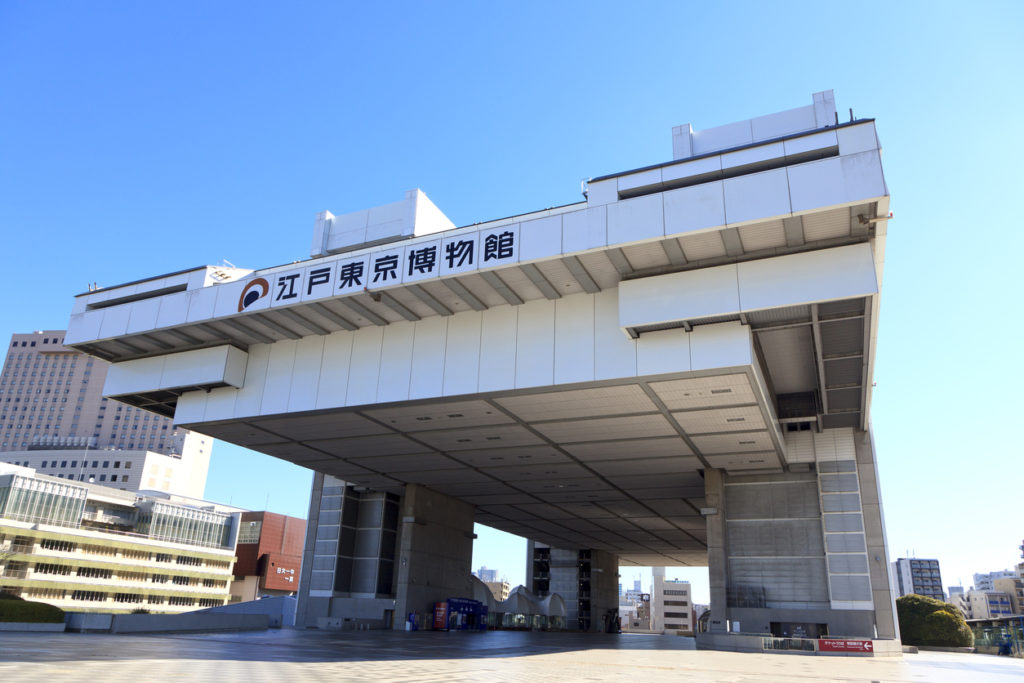
If you have friends visiting or are new to Japan, a visit to the Edo-Tokyo museum is a great way to understand more about this important period. The museum tracks Tokyo’s development from a medieval town to urban metropolis via its many artifacts and large scale models of streets and bridges. The museum gives visitors a comprehensive overview of this 400-year pre-earthquake period through both its permanent collection and special exhibitions throughout the year, alongside a vibrant lecture and workshop program. Its impressive ornate kimono collection is also pretty special, and the free English audio guides will help non-Japanese speakers navigate their way through the displays.
Open: 9:30 a.m.- 5:30 p.m. Closed on Mondays.
Where: 1-4-1 Yokoami, Sumida-ku, Tokyo5. 3-minute walk from West Exit of Ryogoku Station, JR Sobu Line
How much: ¥600 (Adults), ¥480 (College), ¥300 (High School)
Edo-Tokyo Open Air Architectural Museum
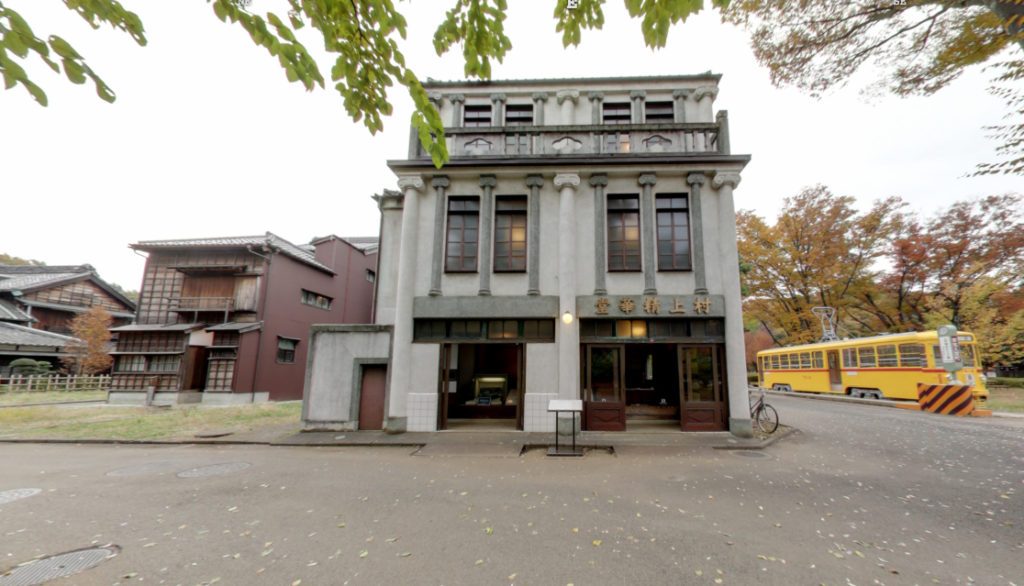
Based in Koganei city in Western Tokyo is the Edo-Tokyo Open Air Architectural Museum, a vast open-air historical “theme park” dedicated to exhibiting old historical buildings of cultural value that cannot be preserved in their original locations. Many of those buildings were lost to fires and air raids since the Edo period but were reconstructed at this location in their original shapes. Here you can see old private residences, public baths, various shops and recreation facilities, including a bar and a tea room, that show how people lived in Japan since the Edo period. Visitors can freely explore the interior of the facilities, where time appears to have stopped centuries ago. This open air museum also hosts regular events, including a traditional summer festival in early August.
Open: 9:30 a.m.- 5:30 p.m. (April-Sept), 9:30 a.m.-4:30 p.m. (October-March). Closed on Mondays (except for national holidays)
Where: 3-7-1 Sakuracho, Koganei-shi, Tokyo (inside Koganei Park)
How much: ¥400 (Adults), ¥320 (College), ¥200 (High School). Free for primary school and younger children.
For a guide to Tokyo’s most unusual museums, see this article.
What’s your favorite museum in Tokyo? Share with us in the comments!












